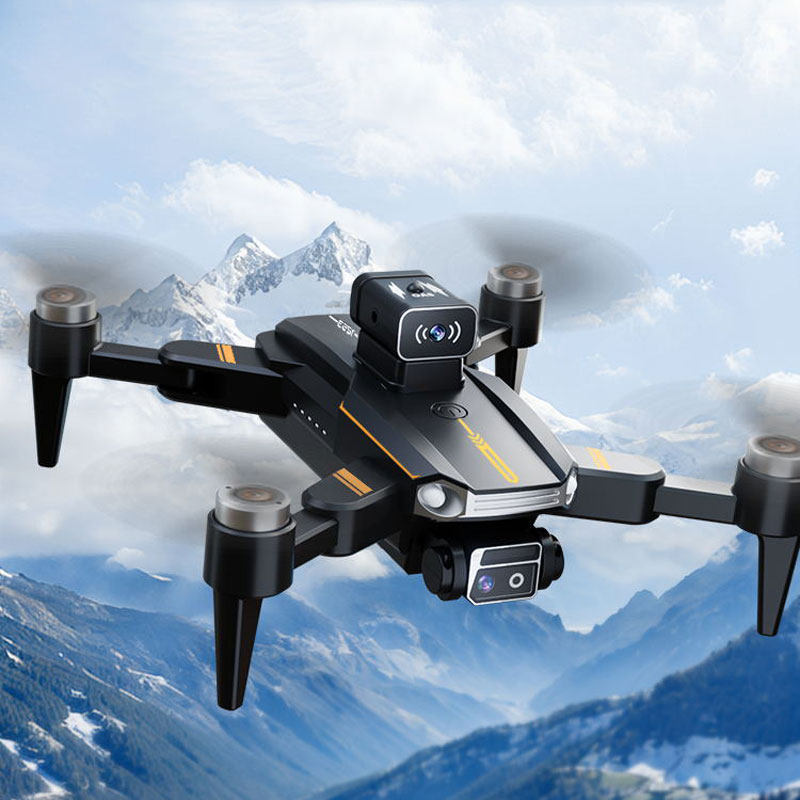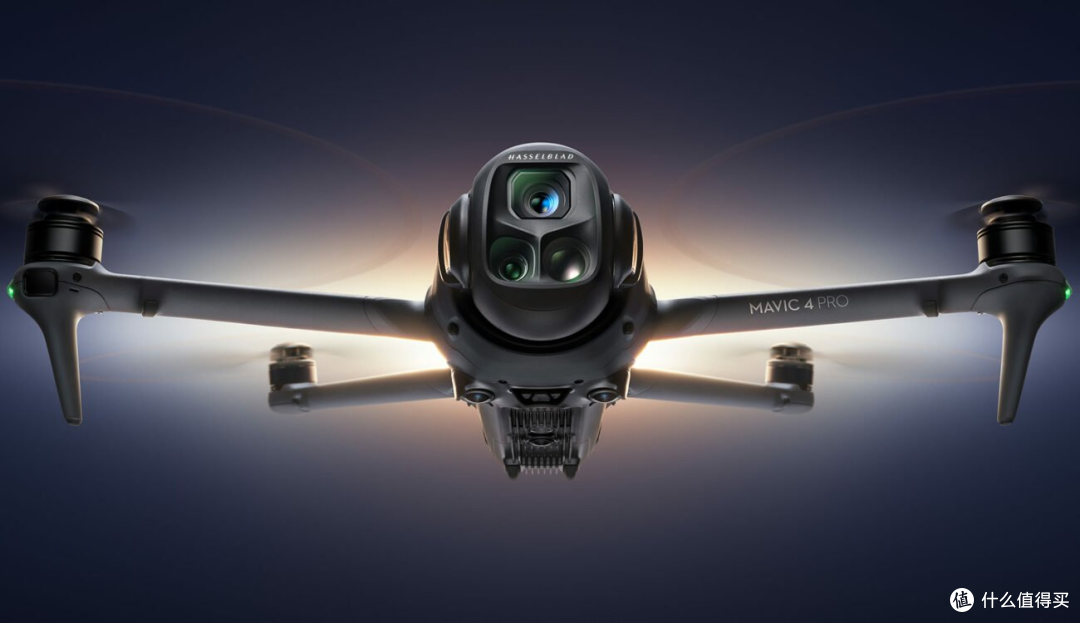Drone pilots are increasingly in demand as industries recognize the versatility and effectiveness of drones in various applications. The question that often arises is, how much do drone pilots make? With the proliferation of drones in everything from agriculture to cinematography, understanding the potential earnings in this innovative field is crucial for those considering a career as a drone pilot.
Understanding Drone Pilot Salaries

There are multiple factors that influence the salaries of drone pilots. These factors include experience level, industry, location, as well as the specific type of drone operations one might be involved in. Generally speaking, the commercial drone industry offers competitive salaries, but these can vary significantly. Experience Level: As with many professions, experience plays a critical role in determining salary. Novice pilots might earn less when starting out but can expect their earnings to increase as they gain more experience and prove their capabilities.
Industry Specific Salaries
- Agriculture: Drone pilots in agriculture may assist with crop monitoring and precision agriculture, potentially earning a moderate salary.
- Cinematography: The entertainment industry, particularly in film and TV production, often requires skilled drone pilots for aerial shots, presenting lucrative opportunities.
- Construction: With drones becoming vital in site surveys and inspections, pilots in construction can also expect attractive salaries.

There is a growing demand for drone pilots across a variety of sectors, leading to more competitive salary offerings and opportunities for advancement. Location can also heavily impact earnings; cities with a higher demand for drone services tend to compensate their pilots more handsomely.
Improving Your Earnings as a Drone Pilot
Enhancing your skill set by obtaining advanced certifications, such as the FAA Part 107 certificate, is one way to potentially increase your salary. Continuous education in drone technology and keeping up with industry trends can set you apart from others in the field. Networking with industry professionals and joining drone pilot associations may provide greater opportunities for lucrative contracts and job offers.
What Can You Expect as a Drone Pilot?
While entry-level positions may start around $30,000-$50,000 annually, experienced pilots in specialized fields can earn upwards of $100,000 per year. Freelancers who work on a per-project basis may also find themselves earning substantial incomes, depending on project size and frequency.
According to one estimate, drone pilots involved in complex operations or high-demand sectors could earn hourly rates from $25 to $100 or more.
Opportunities for Advancement
The drone industry is still evolving, and as technology advances, new opportunities emerge continually. Pilots who keep their skills updated and adapt to technological changes will find themselves in a strong position for high salaries and career growth.
Frequently Asked Questions (FAQs)
Q: What industries pay drone pilots the most?
A: Typically, industries like cinematography and oil & gas pay the most due to the specialized nature of the work and the advanced skill set required.
Q: Do drone pilots need a degree?
A: While a degree is not always necessary, having a background in engineering or aeronautics can be beneficial, especially for pilots working in technical sectors.
Q: Is the demand for drone pilots expected to grow?
A: Yes, as drones continue to take on more roles in various industries, the demand for skilled drone pilots is projected to increase significantly.
